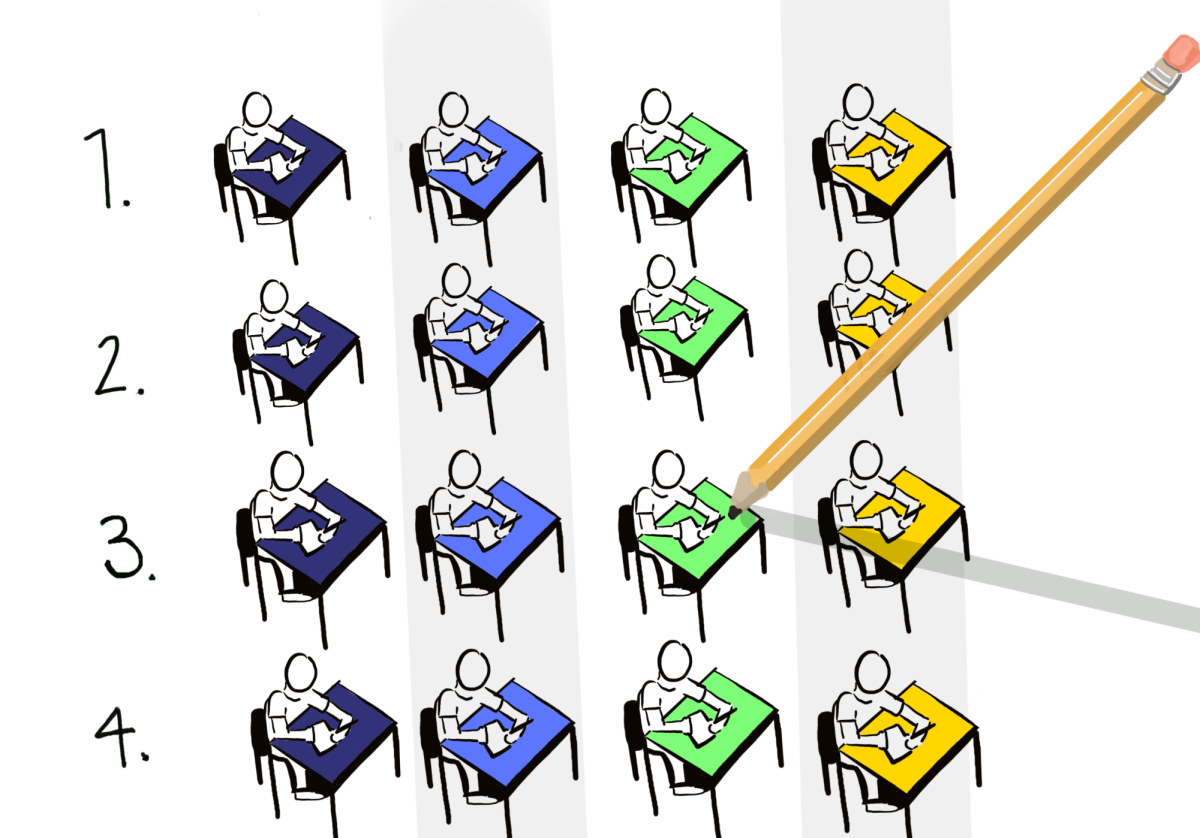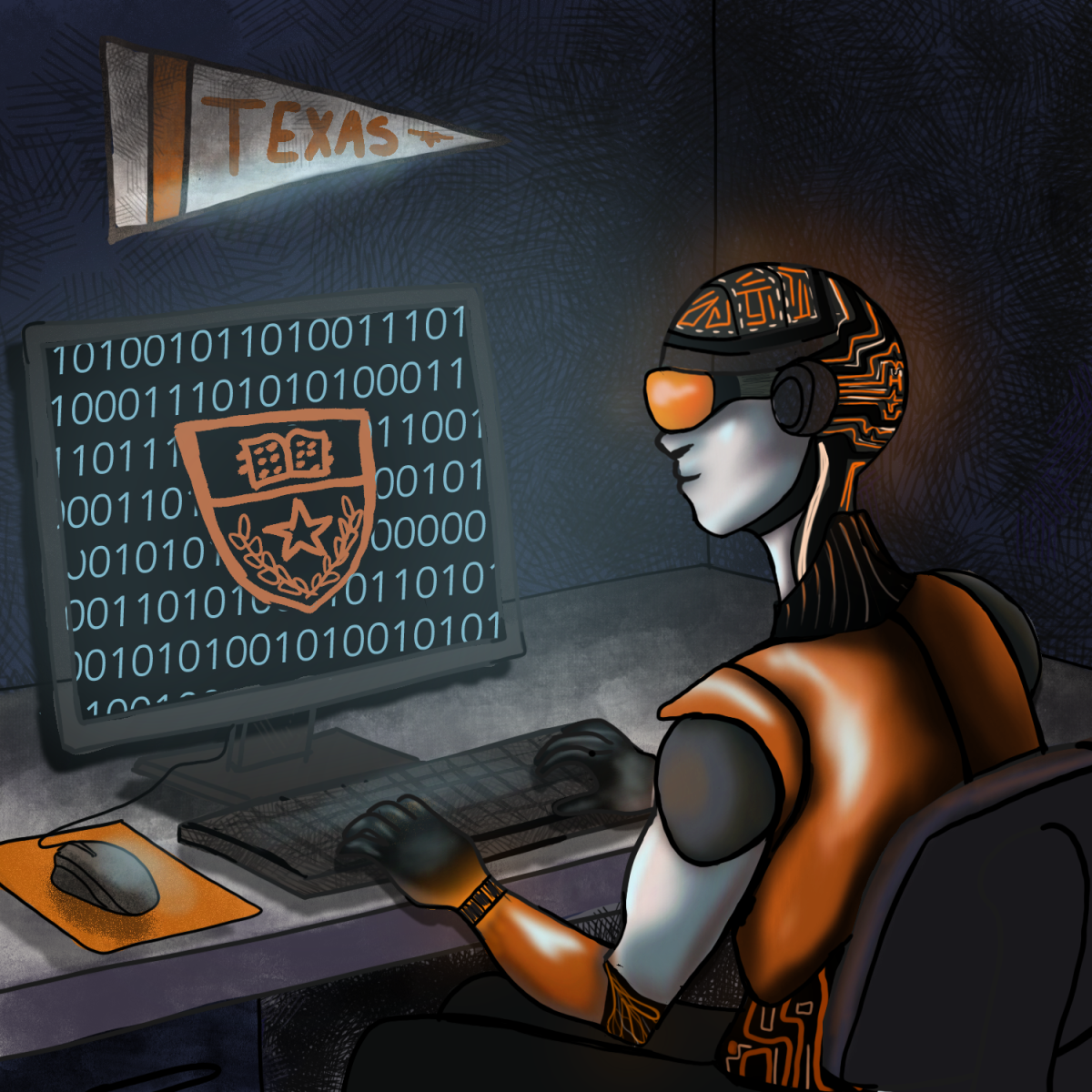Last Wednesday’s debate exposed a key weakness in the current way presidential primary debates are operated. The moderators came under heavy fire by viewers from both parties after asking questions the candidates deemed rude and unfair.
But the CNBC moderators are only a symptom of the real problem with the way debates are run. Primary debates are run by media companies who not only get to choose moderators that might be biased but also have full rights to the coverage of the debate.
The result is that some of the debates, which are supposed to be a cornerstone in how political candidates reach out to the masses, are restrictive and sometimes impossible to access without a cable subscription.
The last Republican debate, mentioned above, was hosted by CNBC, which restricted the online streaming of the debate to people who have a cable subscription for CNBC. This means that people who don’t have the subscription were simply unable to watch the debate.
Even when networks like CNN create open online streams, they often lag or are even unplayable for some people. The restrictions and limitations of streaming the debates disproportionately affect young people — the median age of cable television watchers is 17 years above the median age of Americans.
The fact that such a large portion of the population cannot easily access these debates unequivocally contradicts their purpose. Primary debates must be democratized and freed from political parties, who sell debate rights to the highest bidder and put primary debates on the same level as general election debates, which are run by a nonpartisan commission that broadcasts them on all major networks and provides multiple streaming options online.
Even the general election debates have their shortcomings. Just this June, a bipartisan committee urged an overhaul in how the debates are run. They believe that the live audiences bias viewers and that moderators should come from more diverse backgrounds than just TV journalists.
Candidates also tend to stretch the truth or even outright lie during debates on important issues like vaccination or Planned Parenthood. This is a huge issue since the democratic process requires debate to be meaningful and based on facts, but this problem is also not difficult to fix.
Business freshman Susana Lugo said that fact-checking should be a part of the debate process.
“If the fact-checking process were somehow incorporated into debates, it would make candidates more accountable to their claims and less likely to lie on national TV,” Lugo said.
The current debate system is broken and undemocratic. The debates involve more mudslinging and personal attacks than actual discussions about the issues the candidates stand for. Furthermore, many people don’t even have the ability to watch the debates from their homes, adding to the stack of problems with the current system. People and political parties alike should move quickly to reform the system before the general election season starts up.
Govil is a computer science freshman from Austin. Follow him on Twitter @ashvio.





















